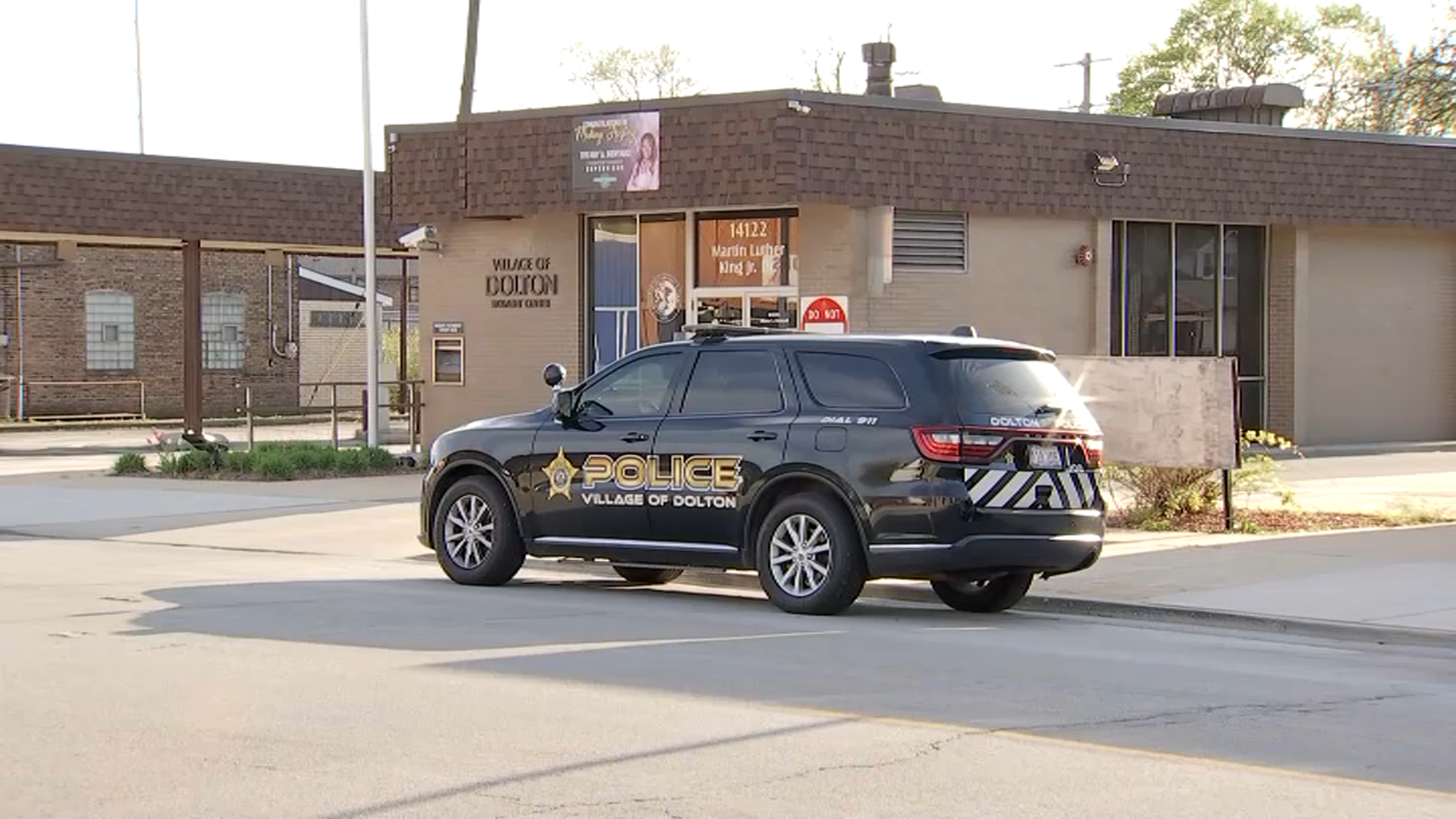A home DNA testing company says it will take precautions to make certain no future mistakes are made, after failing to detect a test where NBC5 Investigates substituted a dog’s sample for human DNA.
NBC5 submitted the cheek swabs from Bailey, a Labrador Retriever, to multiple home testing companies. Most kicked them back as unreadable.
But one, Orig3n DNA, which offers a “Superhero” test for strength, intelligence, and speed, failed to note that Bailey was not human.
Instead, after we submitted the $29 test, the company sent a 7 page report, saying that her muscle force would probably be great for quick movements like boxing and basketball, and that she has the cardiac output for long endurance bike rides or runs.
They did advise she might want to work with a personal trainer.
In a statement, company spokesman Karmen Conrad said the company makes it their mission to provide consumers with affordable access to information about their genes and health.
“We did not anticipate anyone submitting a non-human sample into our genetics laboratory,” he said. “Since October Orig3n has acquired a CLIA certified laboratory, and upon hearing about this issue, has implemented controls to ensure that nefarious samples such as this are rejected from further processing. We are sorry there was an error in reporting this one particular sample.”
Local
In a follow-up email, Conrad noted that Orig3n’s Terms of Service states that “If you are submitting a cheek swab for genetic testing, you represent that the cheek swab is your genetic material.”
In other tests, we learned that a reporter’s ancestors almost certainly came from Ireland, or Scotland. Or maybe western Europe. Possibly Scandinavia. And that today, those same genetic markers come back to Kuwait. And Peru. Even Qatar and Afghanistan.
But it takes a close look to make certain exactly what any test is offering. While some offer to trace your lineage, others are only pointing to where in the world your DNA markers are showing up today.
Take the granddaddy of them all, Ancestry.com. They came back with an ancestry report that reporter Phil Rogers’ relatives were most likely from Ireland, Scotland, and Wales. Coming in second (32%), was Scandinavia. Third was western Europe (26%).
But another test, My Heritage DNA flipped that script. Their number one choice was north and western Europe (66.2%). Great Britain came in second (18%). And while Ancestry liked Ireland as a first choice, with My Heritage, the Emerald Isle came in third (15.8%).
So what gives?
Rafi Mendelsohn of My Heritage suggested the differences may lay in the software.
“The algorithms with which companies build the ethnicity databases,” he said. After more than a decade in the family history business, he says his company started its DNA operations by building a library of markers from a raft of countries.
“We DNA tested 5,000 people around the world,” he says. “With each area there are specific genetic markers.”
Mendelsohn said his company is confident of its results, because of the underlying data they use.
“We have 42 ethnicities,” he said. “My Heritage is the most global family history company.”
In a statement, Ancestry.com likewise suggested different approaches may explain different results.
“We’re confident in the science and methodologies that lead to the insights we give customers, and strive to explain the uncertainty inherent in the statistical approaches on our website,” the statement said.
Conceding it’s the “early days for consumer genomics,” Ancestry echoed My Heritage’s contention that underlying data is key.
“One of Ancestry’s accuracy advantages comes from combining the world’s largest DNA network of more than 7 million people with more than 10 billion historical records, and 100 million family trees.”
And remember, those are just your long lost relatives.
Another company, Home DNA, promises to tell you where your genetic markers show up in the world today. In my case, that was Kuwait, Ireland, Austria, and Afghanistan, with places like Peru and Guyana coming in a distant second.
Their sister company, Connect My DNA, came up with similar results. In their test, my markers came back first to Ireland, Austria, and Scotland, then Peru, Guyana, and Nicaragua.
“That’s one of the earlier tests that was offered,” Home DNA’s Dr. Michael Baird told NBC 5. “Most of the tests today are more advanced.”
He says his company looks at more than 40 population groups. And emphasized that Connect My DNA is not designed to track down your ancient relatives.
“It’s not intended to be an ancestry test,” he said. “It’s looking at your markers, compared to populations around the world.”
Of course, not all home kits deal with your relatives past or present. Some offer to tell you about everything from your choice in wine, to your diet, even how good you’ll be at soccer or football. And some experts are cautious in their approach to some of those tests.
“The majority of genetic testing is still a gray area and there’s always the possibility of uncertain results,” said Jessica Stoll, a genetic counselor with the University of Chicago Hospitals. Stoll said consumer tests for ancestry and the like are fine and can be fun for entertainment value. What concerns her are more serious tests, some FDA approved, which offer to check tendencies for serious diseases like Parkinson’s disease or Alzheimer’s.
“I don’t find them particularly useful, and in some cases I can actually find them harmful,” she said. “We use very specific clinical tests to determine if there is a very specific gene mutation or a change in a gene that’s increasing a person’s risk.”
She emphasized genetic markers alone don’t tell the whole story.
“If we’re going to do any testing, we need to base it on your personal and family medical history,” she said.
Debra Duquette, a genetic counselor at Northwestern University’s Feinberg School of Medicine agrees.
“Genetic testing is very complex,” she said. “Health care involvement needs to be right there, first and foremost.”
She is especially wary of any test involving children. Why, she asks, would a parent want to give their child a test involving their acumen at playing sports?
“I would hate for anyone to have a genetic test that then discourages them from doing something they want to do in life,” she said.
UCLA geneticist Dr. Wayne Grody agrees. He is not a fan of home tests. Especially those involving health.
“It’s not very hard science---maybe it will get better,” he said. “I’d be taking them all with a grain of salt!”
While he conceded that some ancestry tests are probably “getting better”, Grody cautioned that the level of sophistication for all home kits still falls short of what is usually approached in the medical world.
“There might be some vague truth, but those are vague assumptions,” he said. “It’s really like the patent medicines of a hundred years ago.”
It’s important to note that many of the companies offer much more than DNA information. Several gave us names of likely matches to unknown relatives. Ancestry accurately showed the migration of ancestors to Oklahoma, and their site offers links to census and other documents.
“We tell customers throughout the product experience that their results are as accurate as possible for where the science is today, and that they may evolve over time as the resolution of DNA estimates improve,” Ancestry said in their statement. “Your DNA does not change, our science does.”



